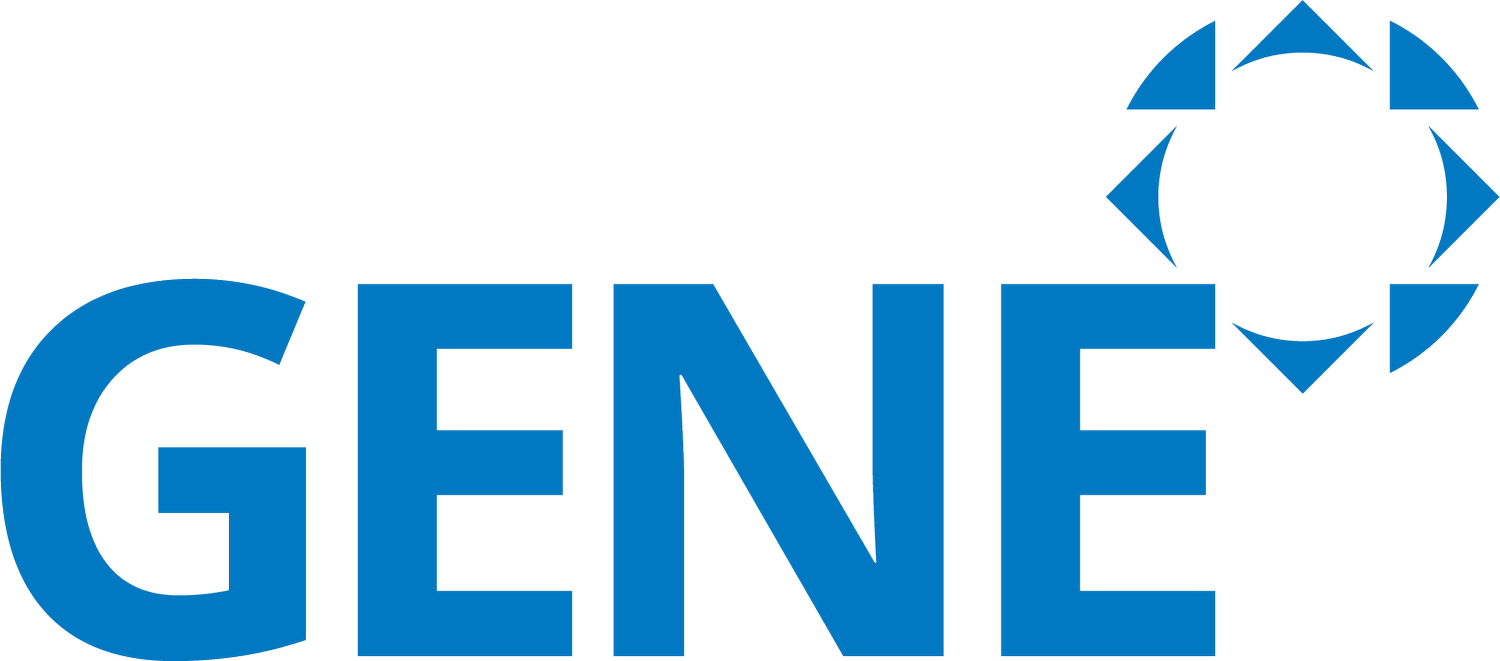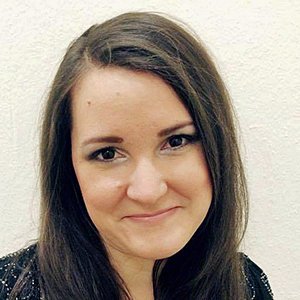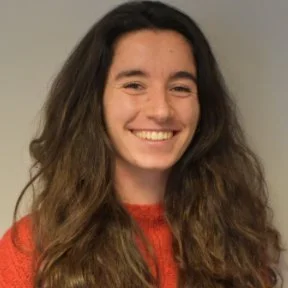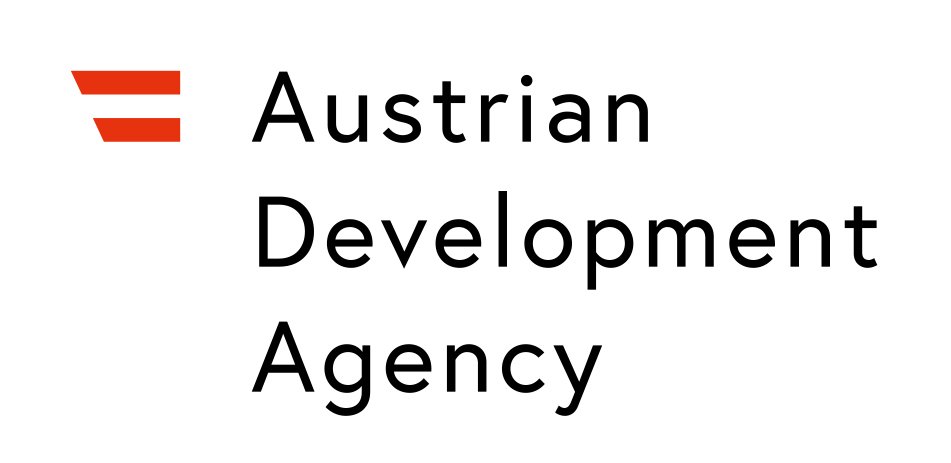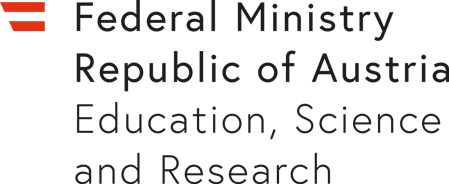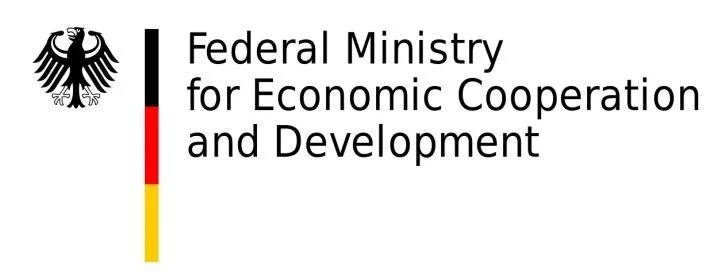
European Congress on
Global Education to 2050
#GE2050
3-4 November 2022 | Dublin Castle, Ireland
The Congress, hosted by Ireland, co-chaired by Luxembourg and convened by GENE, will bring together national delegations from member states, civil society organisations, youth organisations, local and regional governments, researchers, global critical friends and international organisations for the adoption of the new Declaration on Global Education to 2050.
The new Declaration takes a long-term view to forge a common vision for Global Education in Europe by 2050.
-
The Maastricht declaration was signed over twenty years ago to bring different strands of Global Education together and enable policymakers to move Global Education from the margins towards the centre of policy and strategy. As the global context of challenges and opportunities shifts, the policy context has adapted to it. GENE, in cooperation with member states, has facilitated a new declaration which takes a long-term view to 2050. Over the last 18 months, we have forged a common vision and commitments that seek to ensure that all people in Europe - in solidarity with peoples globally - have access to quality Global Education.
-
Since June 2021, GENE has been carrying out consultations with stakeholders to create a new declaration on Global Education to 2050. Consultations processes began in 2021 with member states, representative European youth organisations, civil society organisations, academics, local and regional governments, combined with analysis from global critical friends.
These fed into preparatory processes in March-April, June and September 2022; and a Drafting Committee of member states from across Europe, which took into account feedback from stakeholders and member states. The final draft Declaration is now with European Minsteries of Foreign Affairs and Education undergoing a silence procedure which will be completed by close of business on Tuesday, October 18th; in preparation for final ratification at the Congress in November.
-
We have been consulting with Ministries and Agencies, of Foreign Affairs and Education, from across Europe, with youth organisations, civil society organisations, local governments and international organisations, along with researchers in the field, as well as global critical friends from Africa, Asia-Pacific and the Americas, to ensure a strong and visionary declaration.
-
The process of creating the new declaration has strived to unite actors using different concepts and strands of learning for global solidarity, social justice, peace, human rights and sustainability.
Extensive consultation with key stakeholders in Global Education yielded rich input that is reflected in the new declaration, including
the importance of partnerships and cooperation between key actors at national, European and global levels;
curriculum reform and whole school approaches;
the role of educators;
the need for adequate funding levels and suitable funding mechanisms;
an appreciation for the leadership role played by civil society and young people in driving change;
and the continued desire to cooperate for policy coherence and integration of global learning in all education.
HIGH-LEVEL GUESTS, INCL. SPEAKERS AND PANELISTS
-

Mr. Colm Brophy
Minister for Overseas Development Aid & Diaspora, Ireland
-

Mr. Franz Fayot
Minister of the Economy & Minister for Development Cooperation & Humanitarian Affairs, Luxembourg
-

Ms. Jutta Urpilainen (virtual)
European Commissioner for International Partnerships
-

Prof. Annette Scheunpflug
GENE Chairperson, Professor of Education Science, University of Bamberg
-

Mr. Bjørn Berge
Deputy Secretary General of the Council of Europe
-

Mr. Ban Ki Moon (virtual)
Former Secretary-General of the United Nations
-

Ms. Mamusu Patricia Massaquoi
Deputy Minister of Education, Sierra Leone
-

Mr. Leonardo Garnier
Special Adviser to the Secretary-General of the United Nations for the Transforming Education Summit
-
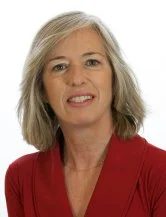
Ms. Stefania Giannini (virtual)
UNESCO Assistant Director-General for Education
-

Mr. Clifton Grima
Minister for Education, Sport, Youth, Research and Innovation, Malta
-

Ms. Zetta Makri
Deputy Minister of Education and Religious Affairs, Greece
-

Mr. Jan Mareš
Deputy Minister, Ministry of Education, Youth and Sports, The Czech Republic
-

Mr. Peter Butchkov
Acting Deputy Minister for Youth and Sports, Bulgaria
-
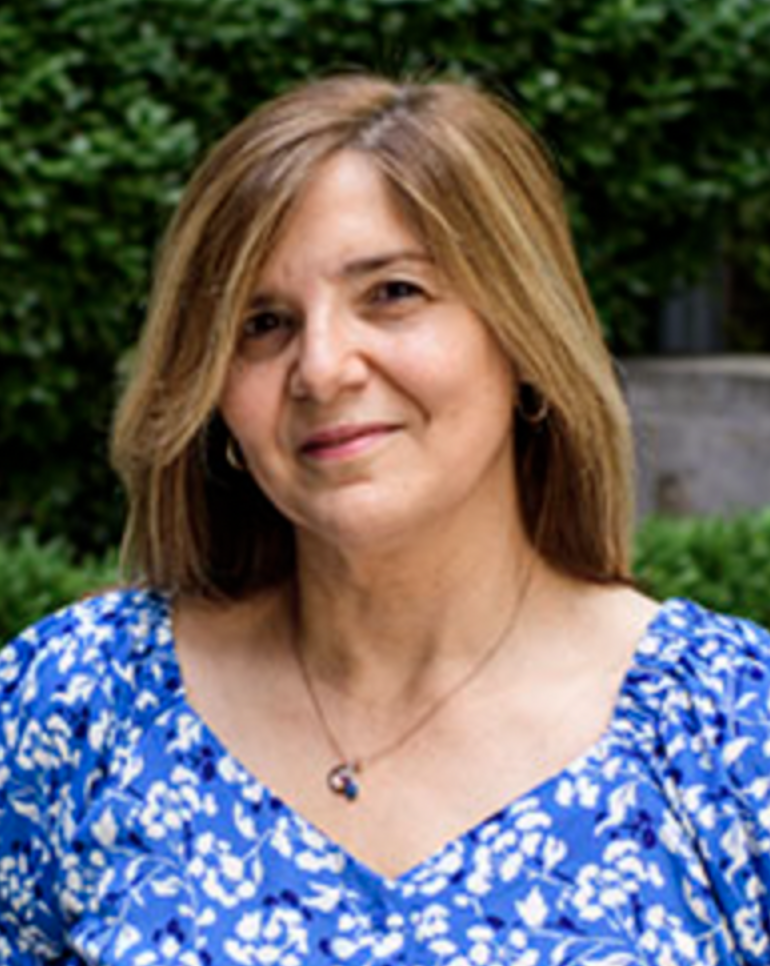
Ms. Pilar Cancela Rodríguez
Secretary of State for International Cooperation of the Ministry of Foreign Affairs, European Union and Cooperation, Spain
-

Ms. Anamarija Viček
State Secretary, Ministry of Education, Science and Technological Development, Serbia
-

Dr. Darjo Felda
State Secretary, Ministry of Education, Science and Sport, Slovenia
-
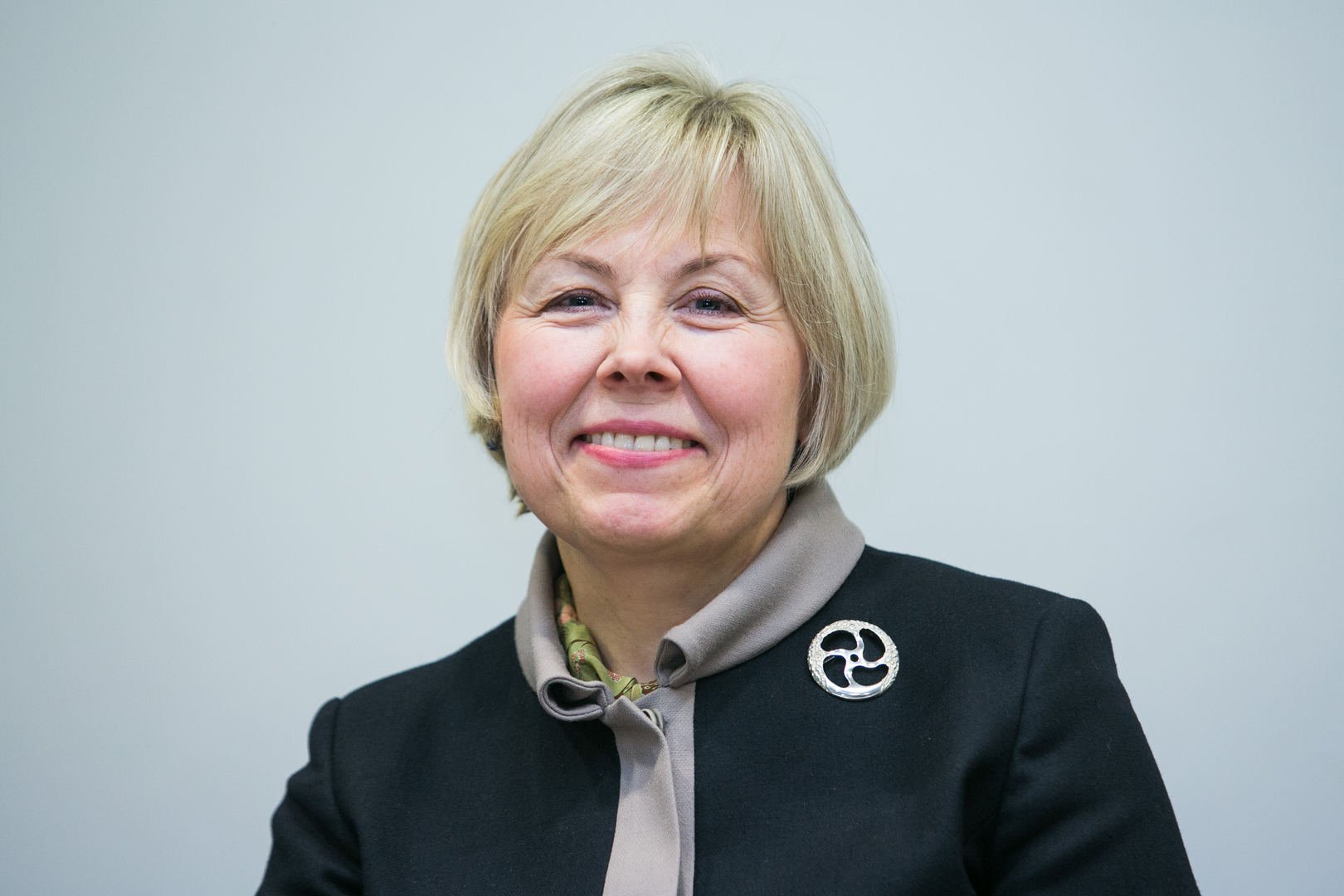
Ms. Rasa Kairienė
Director General of International Cooperation Department, Ministry of Foreign Affairs, Lithuania
-

Mr. John Concannon
Director General, Global Ireland, Department of Foreign Affairs, Ireland
-

Mr. Kálmán Petőcz
Director General, Ministry of Education, Science, Research and Sport, Slovakia
-

Dr. Minna Kelhä
Director-General of the Finnish National Agency for Education (EDUFI)
-

Ms. Agnieszka Skuratowicz
Head of Unit of Youth, Education and Culture – Directorate-General for International Partnerships - European Commission
-

Mr. Friedrich Stift
Managing Director of the Austrian Development Agency (ADA)
-

Mr. Luca Maestripieri
Director of the Italian Agency for Development Cooperation
-

Mr. Michael Gaffey
Director General, Development Cooperation and Africa Division (Irish Aid), DCAD
-

Dr. Marlène Siméon
Director of PLATFORMA and Director at the Council of European Municipalities and Regions
-

Dr. Aravella Zachariou
Chair of UNECE Steering Committee on Education for Sustainable Development
-

Dr. Libby Giles
Education Director, Centres of Asia-Pacific Excellence (CAPEs), University of Waikato, New Zealand
-

Mr. David McNair
Executive Director, ONE Campaign
-
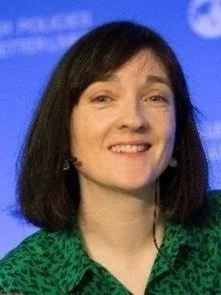
Ms. Ida McDonnell
Team Lead, OECD Development Co-operation Report & Data for Development
-

Ms. Lydia Ruprecht
Global Citizenship Education Team Leader & Programme Specialist, UNESCO
-

Mr. Kieran McLoughlin
Managing Partner at VentureWave Capital
-

Ms. Anja Fortuna
Vice President, European Youth Forum
-

Mr. Frank Geary
Director of the Irish Development Education Association (IDEA)
-

Ms. Mary Hanafin
Cathaoirleach of Dún Laoghaire-Rathdown County Council, Ireland
-

Mr. Rilli Lappalainen
President of CONCORD Europe
-

Mr. Liam Wegimont
Executive Director of GENE
-

Prof. Joe O'Hara
Professor of Education at Dublin City University (DCU) and President of the European Educational Research Association (EERA)
-

Prof. Naouel Abdellatif Mami
Vice-rector of External Relations at University Mohamed Lamine Debaghine - Setif 2, Algeria
-

Dr. Oscar Jara Holliday
Educator and Sociologist; Managing Director of the Alforja Centre for Studies and Publications, Costa Rica
-

Prof. Namrata Sharma
Adjunct Professor, State University of New York College at Oswego
-

Prof. Arjen Wals
Professor of Transformative Learning for Socio-Ecological Sustainability at Wageningen University, The Netherlands
-

Mr. Kingsley Aikins
CEO of The Networking Institute
-
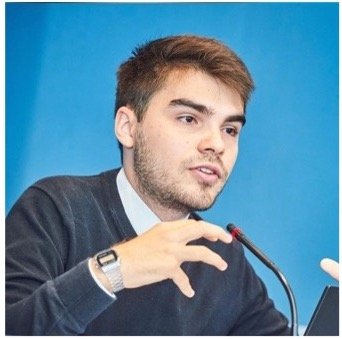
Mr. Rareș Voicu
OBESSU Board member, Coordinator of Global Education and Youth group on the European Declaration on Global Education to 2050
-

Mr. Aaryan Salman
President of the Global Citizenship Foundation
-

Mr. Roel van Raaij
Senior Policy Officer, Ministry of Agriculture, Nature and Food Quality, The Netherlands
-

Ms. Ilenia Ventroni
Policy Officer, SOLIDAR & SOLIDAR Foundation
The Congress will take place in Dublin Castle (Ireland). Everything you need to know about the venue, accommodation and travel arrangements can be found in our logistic note.
CONGRESS VENUES
-

The Portrait Gallery | Dublin Castle
-

The Throne Room | Dublin Castle
-

The Printworks | Dublin Castle
TESTIMONIALS
The Congress is hosted by
Co-chaired by
And convened by
The work of GENE is supported and made possible by the contributions of the following Ministries and Agencies:
This website was created and maintained with the financial support of the European Union and the Ministries and Agencies that support GENE. Its contents are the sole responsibility of GENE and do not necessarily reflect the views of the European Union.
